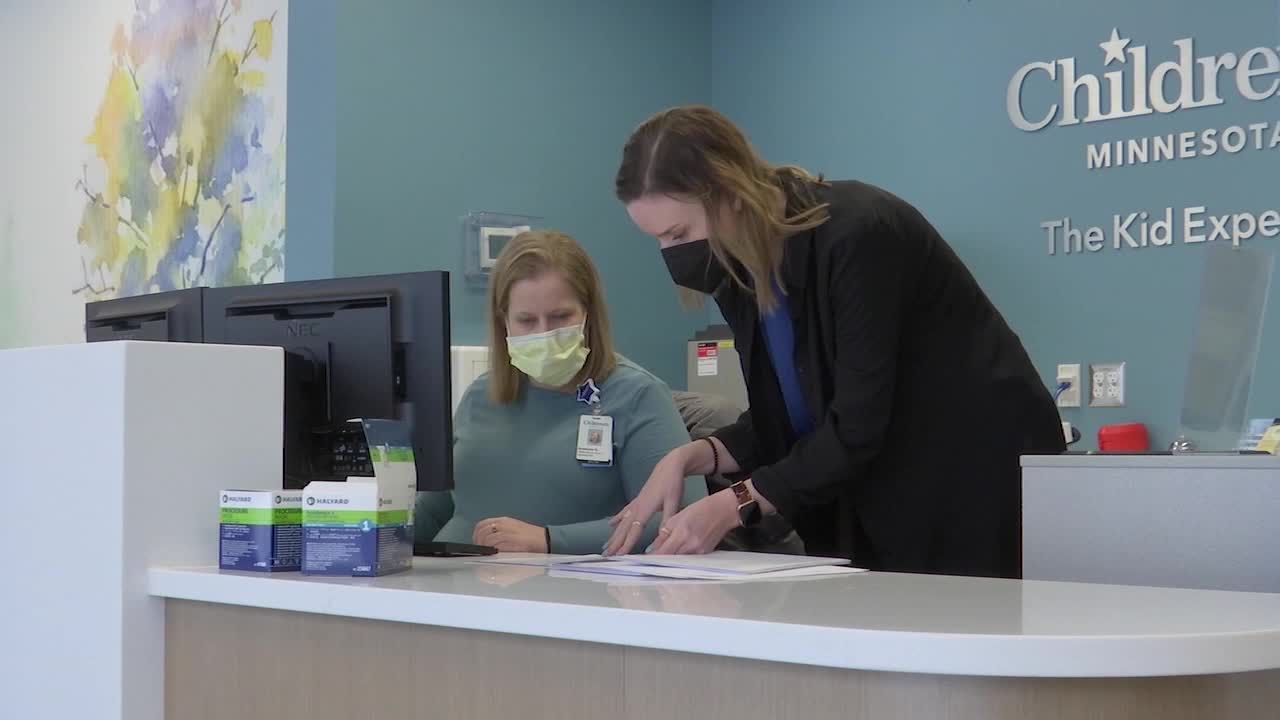New facility in Roseville aims to address increased need for children’s mental health
[anvplayer video=”5158870″ station=”998122″]
Children’s Minnesota has reported seeing an urgent and increased need for mental health services – specifically pediatric services – since the start of the pandemic.
A new facility in Roseville is aiming to meet that need by opening a partial hospitalization program, which is considered short-term crisis stabilization. The facility officially opened Monday.
This comes as Twin Cities hospitals continue to see high demand for children’s mental health care.
Anyone between the ages of six and 18 years old can be part of the program for three to four weeks. The program provides tools to help patients cope with their mental health challenges while giving the support they need.
“Essentially we operate like an inpatient mental health hospital during the day, […] kids don’t have to stay overnight,” said Jessica Brisbois, Acute Mental Health Services Manager for Children’s Minnesota. “They’re able to go home and be with their families in the evenings and on the weekends, and any time we don’t have to hospitalize kids and keep them home with their families is obviously better.”

Workers at the new mental health clinic for Children's Minnesota (KSTP).
The goal of a program like this is to help prevent full hospitalization — or to transition kids who are leaving a hospital.
RELATED: Children’s Minnesota to open first ever inpatient mental health unit
Brisbois said that it can be hard to go right back to everyday life after receiving 24-hour care, so this new facility is seen as a steppingstone and a way to make sure kids are still getting the support they need to be successful.
The new facility offers everything from art and music therapy to an on-site gym where they’re able to do movement-based therapy.
Children’s Minnesota says they’re also teaching patients ways to use physical exercise to maintain their mental health.
The hospital is also partnering with the Mounds View School District to make sure patients are still learning while receiving care.
“They will provide an hour of education a day for all of the patients so they’re able to do some school work while they’re here and keep up with it and then it’s less of a transition,” Brisbois said.